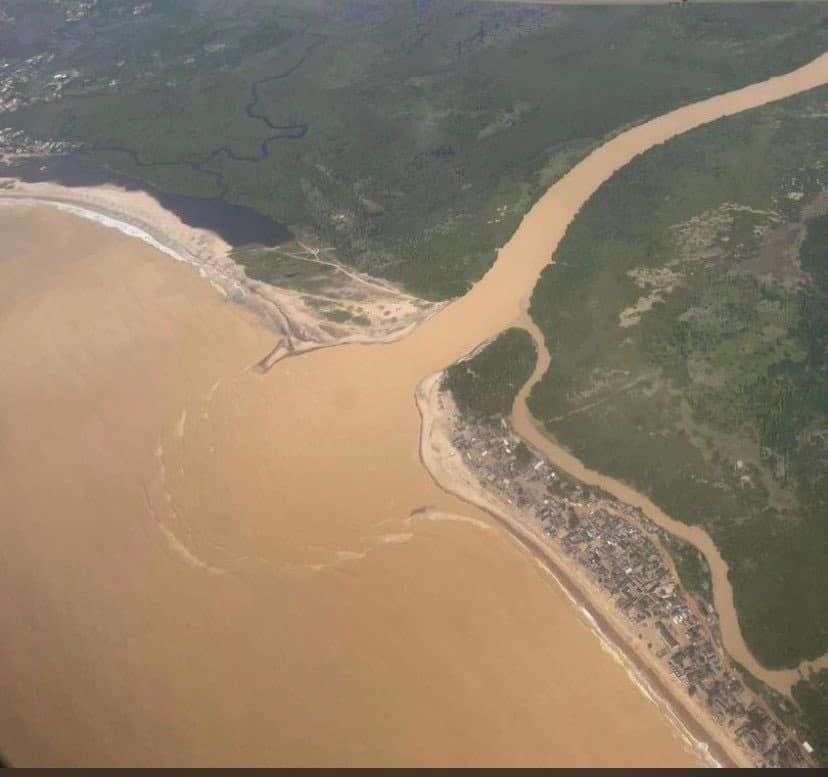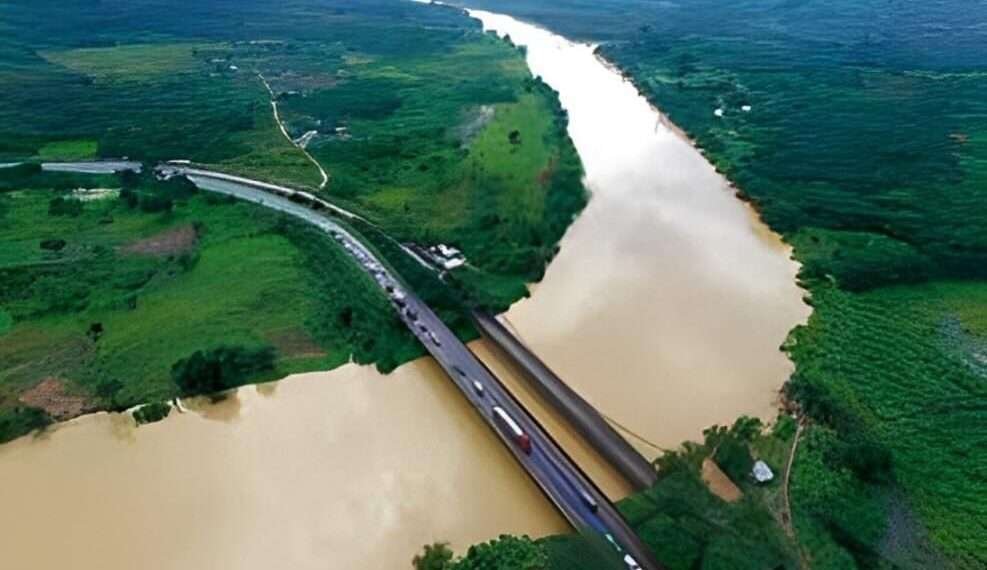The Minerals Income Investment Fund (MIIF) and the University of Mines and Technology (UMaT) are set to officially launch ‘Operation Clean the Water Bodies,’ an ambitious campaign aimed at addressing the environmental devastation caused by illegal mining, commonly referred to as ‘galamsey.’
The partnership between MIIF and UMaT represents a new era in Ghana’s environmental restoration efforts, focusing on the long-term rehabilitation of rivers severely impacted by illegal mining activities. The use of advanced, eco-friendly technologies has yielded remarkable improvements in water quality, as evidenced by the pilot phase of the project.
Professor Richard K. Amankwah, Vice Chancellor of UMaT and Deputy Chairman of the project’s steering team, expressed his optimism about the project’s early results.
“The use of eco-friendly solutions has delivered exceptional outcomes. This collaboration with MIIF marks a key engineering milestone in our mission to restore Ghana’s rivers and ensure their sustainability for future generations.”
Professor Richard K. Amankwah, Vice Chancellor of UMaT and Deputy Chairman
The pilot phase of ‘Operation Clean the Water Bodies’ focused on two heavily contaminated rivers: the River Pra and the River Bromo. These rivers have long been polluted by the sediment and chemicals from illegal mining activities, endangering both the environment and the health of communities relying on these water sources.
Report revealed that early outcomes of ‘Operation Clean the Water Bodies’ have been nothing short of transformative. In the Beposo section of the River Pra, the project has achieved a dramatic reduction in turbidity—an indicator of water clarity.
Turbidity levels dropped from a staggering 3,000 Nephelometric Turbidity Unit (NTU) to just 0.5 NTU. Likewise, the level of Total Suspended Solids (TSS) fell from 450 milligrammes per litre (mg/L) to 25 mg/L, representing a significant improvement in water quality.
A Vision for the Future

Edward Nana Yaw Koranteng, CEO of MIIF, emphasised the broader implications of this project for the nation’s health and economic prospects.
“Clean water is vital to Ghana’s health and prosperity. MIIF is proud to be part of this initiative, which aligns with the Fund’s commitment to environmental responsibility and long-term sustainable growth. The long-term success of this operation, however, hinges on a complete stop to illegal mining in our water bodies.”
Edward Nana Yaw Koranteng, CEO of MIIF
The reduction of galamsey activities is critical to the sustained success of ‘Operation Clean the Water Bodies’. Without addressing the root causes of illegal mining, the benefits of these technological interventions could be undone. This underscores the need for continuous monitoring and strict enforcement of regulations to protect Ghana’s water resources.
Professor Douglas Boateng, Chairman of MIIF and interim Chairman of the ‘Operation Clean the Water Bodies’ project, also called for collective action to ensure lasting change.
“We created this problem, and only through collective effort can we fix it. The damage is vast, but with focused engineering initiatives, we can restore our rivers and prevent further harm.”
Professor Douglas Boateng, Chairman of MIIF and interim Chairman of the ‘Operation Clean the Water Bodies’ project
Prof. Boateng stressed that while technological solutions are central to the project, community involvement is equally critical.
“This initiative is not only about cleaning our water bodies but also about empowering communities to take ownership of their environmental stewardship. Together, we can build a future where our natural resources are preserved and cherished.”
Professor Douglas Boateng, Chairman of MIIF and interim Chairman of the ‘Operation Clean the Water Bodies’ project
He further called for cooperation among all stakeholders, including local communities, government agencies, and civil society groups, to ensure that the progress made is not undone by future illegal mining activities.
The partnership between MIIF and UMaT marks a critical turning point in Ghana’s fight against galamsey pollution. It offers a sustainable, long-term solution to one of the country’s most pressing environmental challenges, bringing hope to communities affected by water contamination.
However, as stakeholders celebrate the early successes of ‘Operation Clean the Water Bodies’, it is clear that the fight is far from over. The initiative’s continued progress depends on sustained efforts to halt illegal mining, enforce environmental laws, and promote public awareness about the importance of preserving Ghana’s natural resources.
READ ALSO: Oxlade Reveals There’s More Love in Ghana Than Nigeria




















